Brazilian Black Tiger Shrimp: A New Hope for Sustainable Aquaculture Hỏi ChatGPT
The study was conducted through a collaboration between the State University of Maranhão (Brazil) and the Commonwealth Scientific and Industrial Research Organisation (CSIRO, Australia).
A black tiger shrimp population (Penaeus monodon) domesticated over 10 generations in Ceará, Brazil, was found to be free of significant pathogens and showed high genetic diversity—key factors for establishing a sustainable and Specific Pathogen-Free (SPF) breeding program.
Strong Genetics, Pathogen-Free, and Low Inbreeding: Three Pillars of Sustainability
Genetic analysis using SNP (Single Nucleotide Polymorphism) markers showed an inbreeding coefficient of just 0.03, comparable to breeding populations in Vietnam and Australia.
Meanwhile, molecular diagnostics and histopathological examinations of 96 individuals revealed no major pathogens, reinforcing the potential of this population to be classified as SPF.
“Breeding stocks with high genetic diversity and no detectable pathogens are fundamental to a sustainable aquaculture industry. This research lays the foundation not only for a local breeding program in Brazil but also for reducing reliance on imported stocks—minimizing the risk of spreading diseases globally,” said Dr. Melony Sellars, CEO of Genics, a biotechnology company specializing in shrimp diagnostics and selective breeding.
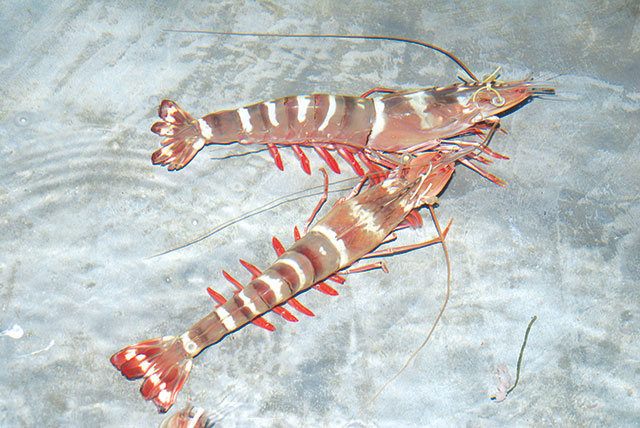
Backed by Genetic Traceability Technology
To realize this potential, Genics is applying its ShrimpID P. monodon technology, a high-density SNP genotyping service that enables accurate assessment of genetic diversity, lineage traceability, and performance monitoring.
“With genetic data, shrimp farmers can optimize broodstock performance, proactively manage health, and plan breeding strategies more scientifically,” a Genics representative stated.
Could It Replace Whiteleg Shrimp in the Near Future?
Pacific whiteleg shrimp is currently the most commonly farmed species in industrial aquaculture, but it has shown increasing weaknesses—such as declining disease resistance, heavy reliance on antibiotics, and vulnerability to large-scale outbreaks.
As the market shifts its focus toward safe, eco-friendly, and traceable seafood products, investing in native shrimp strains with superior genetic potential, such as Brazilian black tiger shrimp, may become a strategic choice—not only for hatchery operators but also for the entire seafood value chain seeking sustainable alternatives.
Source: nguoinuoitom.vn
Aqua Mina's distributor in Japan: REX INDUSTRIES CO., LTD
- Address: 1-9-3 Hishiya-Higashi, Higashi-Osaka 578-0948 JAPAN
- Email: kimakubo@rexind.co.jp
- Phone: +81-(0)72-961-9893
- Website: http://www.rexind.co.jp/e/
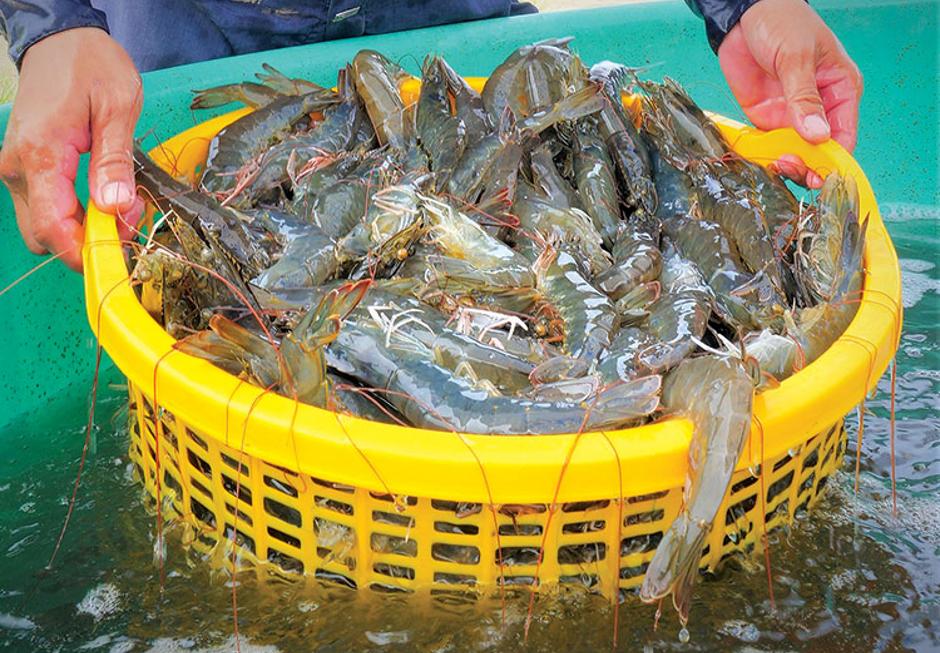
WE WORK FOR YOUR SUCCESS!
Ngày đăng : 06/08/2025
1650 View
Other Articles
Indian shrimp pivot to the EU, increasing competitive pressure on Vietnam
Indoor shrimp farming in Europe: Investment challenges and the race to find a viable model
Shrimp production surged in the first month of the year, with exports benefiting from strong demand during the Lunar New Year holiday
Quang Ninh Accelerates Digital Transformation in Shrimp Farming, Rising to Lead Northern Vietnam
Lucky money is not just about cash — it’s Aqua Mina’s wish for a worry-free farming season for our valued customers
Việt Nam's top 10 seafood exporters command nearly one-fifth of industry revenue
Ca Mau Maintains Its Shrimp Brand in International Competition
VIETSHRIMP ASIA 2026 & AQUACULTURE VIETNAM 2026 – A TURNING POINT FOR THE MODERN SHRIMP FARMING INDUSTRY
Ecuador's shrimp industry educational program SustainED kicked off its 2026
An Giang will start raising brackish water shrimp as early as the beginning of 2026
Aqua Mina conducts the on-site installation of two aquaculture air blowers | Ceramic Ball Bearing – 15 kW – 25 kPa for a customer in Quang Ninh
Towards Building Brand Value for the Shrimp Industry









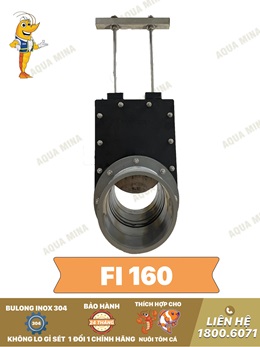
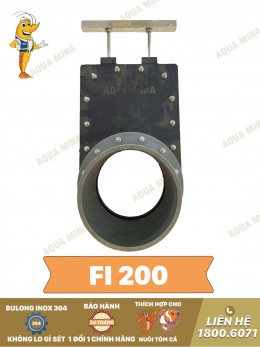


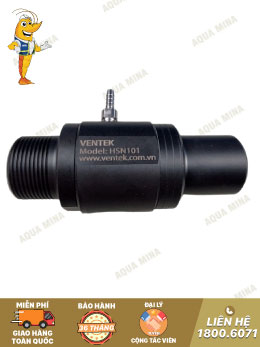

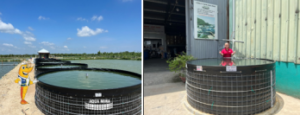
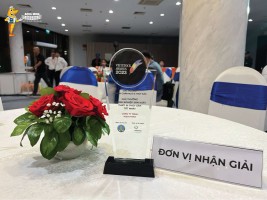
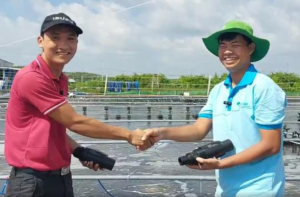
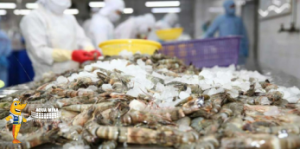
.jpg)